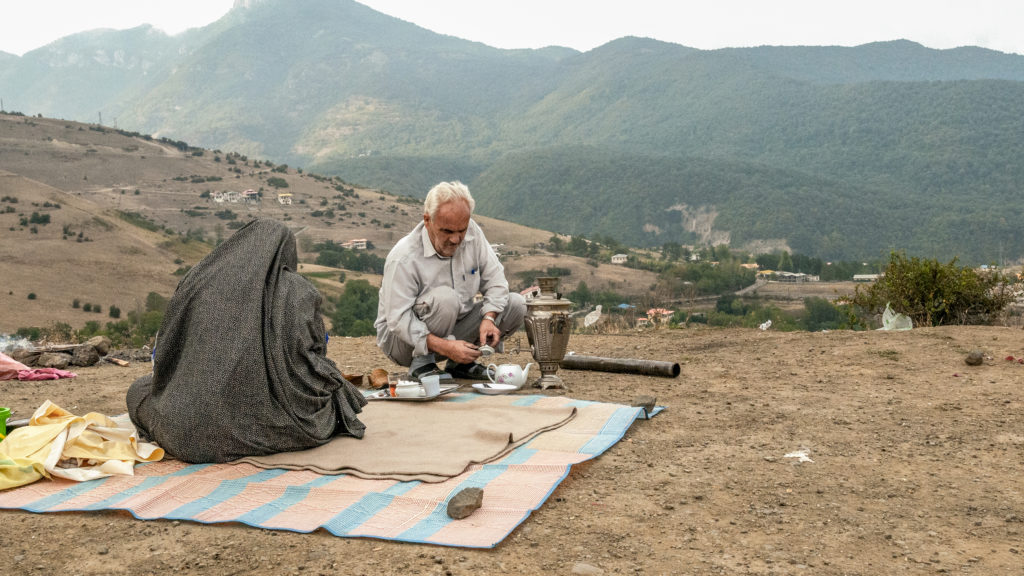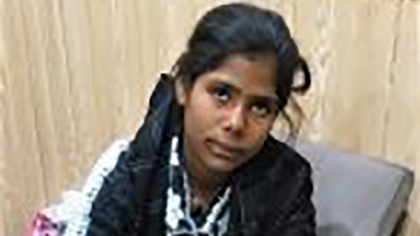The United States and other members of the international community should do more to protect the rights of North Koreans, according to a new statement from about 100 religious and human rights leaders, including some Southern Baptists.
The statement, released July 25, calls for the United States to do more to support human rights in a country often considered the world’s most oppressive regime. It also urges more responsible action from the United Nations, China, South Korea and Russia.
The signers included Richard Land, president of the Southern Baptist Ethics & Religious Liberty Commission; Daniel Akin, president of Southeastern Baptist Theological Seminary in Wake Forest, N.C.; Steve Lemke, provost of New Orleans Baptist Theological Seminary; and Jerry Johnson, president of Criswell College in Dallas.
The statement was released on the eve of the resumption of talks among the United States, North Korea and four other countries — China, Japan, Russia and South Korea — about the elimination of nuclear weapons on the Korean peninsula. North Korea, which pulled out of the six-party talks in February when it revealed it had developed nuclear weapons, recently announced it would rejoin negotiations held in Beijing.
The statement endorses a set of principles calling for the United States to:
- Include human rights — such as religious freedom, family reunification and prison monitoring — at the highest level of priority in its negotiations with North Korea.
- Provide assistance when North Korea makes significant reforms on human rights and weapons of mass destruction (WMD).
- Hold China accountable, requiring the communist regime to choose between good relations with America or its support for North Korea’s human rights abuses.
The statement asserts military action is not required to produce improved conditions.
China, the northern neighbor to North Korea, has helped make the continued human rights abuses and development of WMD possible for its fellow communist regime, the statement says.
In violation of international treaties, China captures refugees and returns them to North Korea, where they face imprisonment, torture and execution. The number of North Korean refugees in China is estimated to be from 100,000 to 500,000.
North Korea’s communist dictatorship under Kim Jong II is guilty of a variety of human rights violations, according to reports from the northeast Asian country. Among these are the detention, torture — including forced abortions — and execution of political prisoners. Human rights officials estimate 200,000 political prisoners are in North Korea’s gulag system and about 400,000 prisoners have died in those prisons in the last three decades. The regime has diverted foreign food aid to the military or the black market, which has contributed to the starvation of anywhere from 2 million to more than 4 million North Koreans since a famine began in 1995.
The statement was released less than a week after a conference on the North Korean human rights crisis was held in Washington. An estimated 1,000-plus people attended the conference, which received funding from the State Department as a result of last year’s North Korean Human Rights Act.





Share with others: